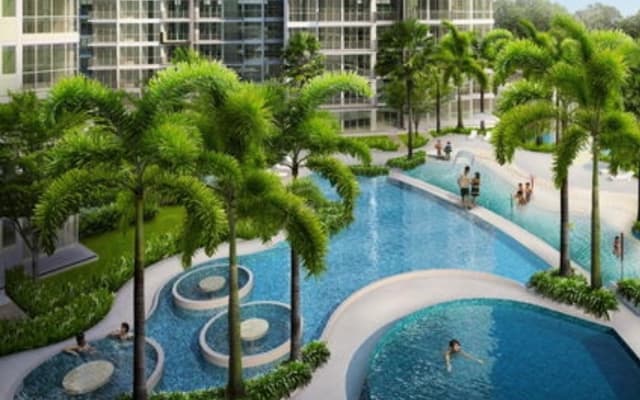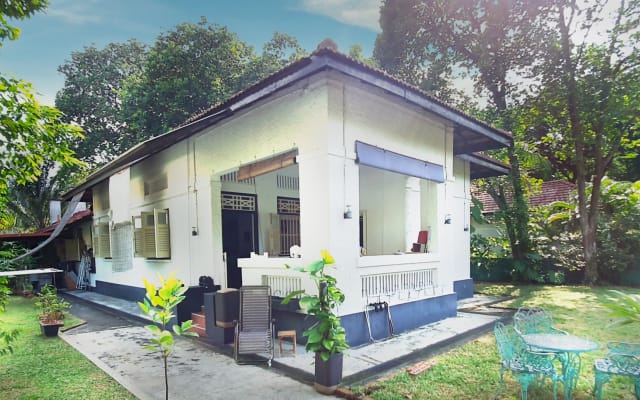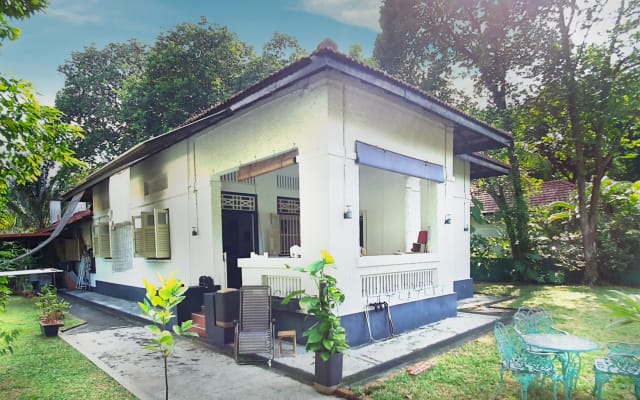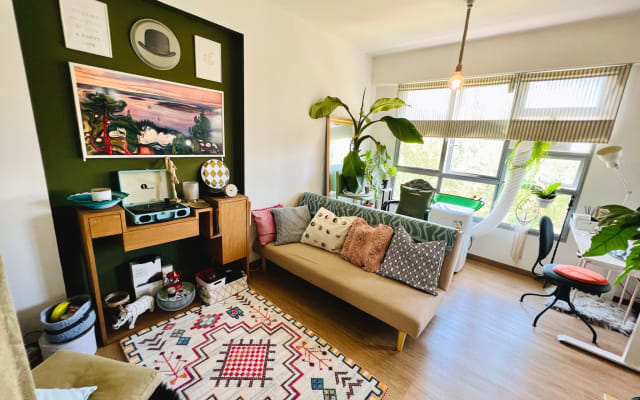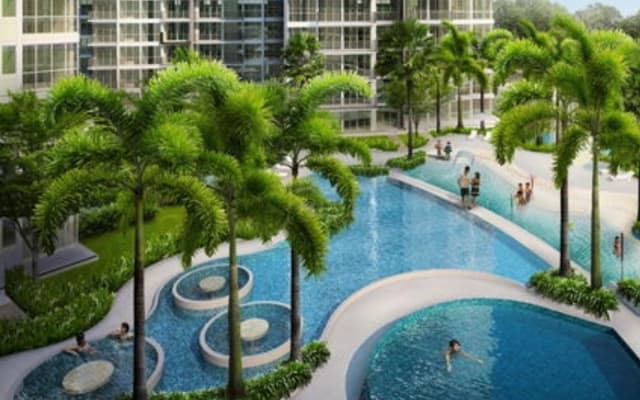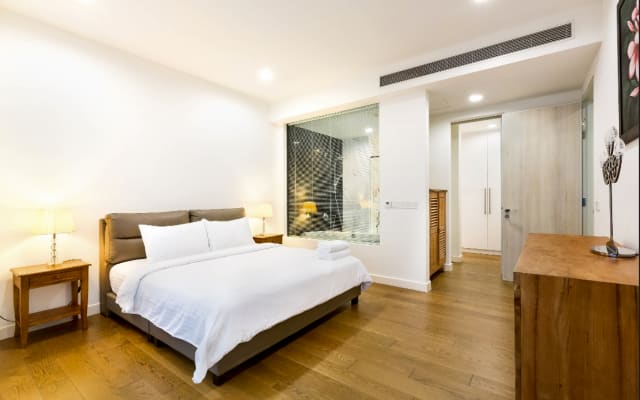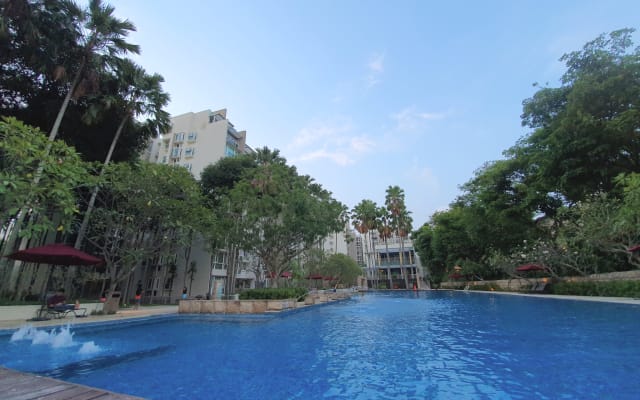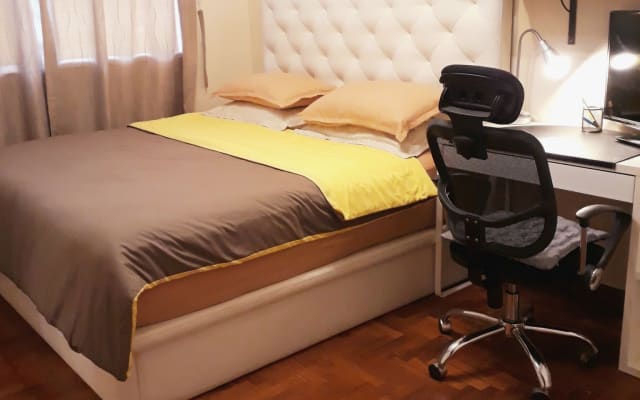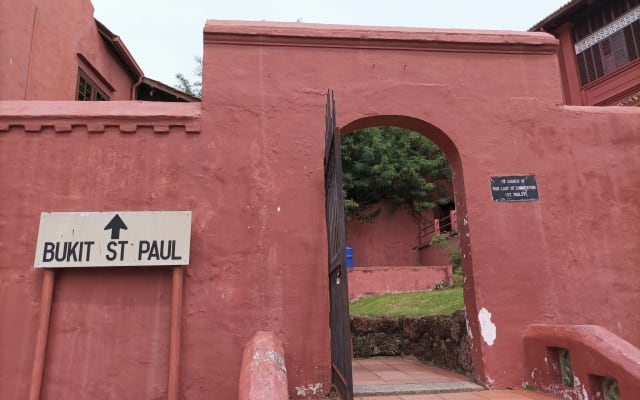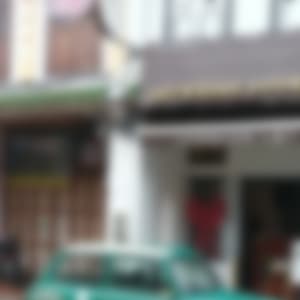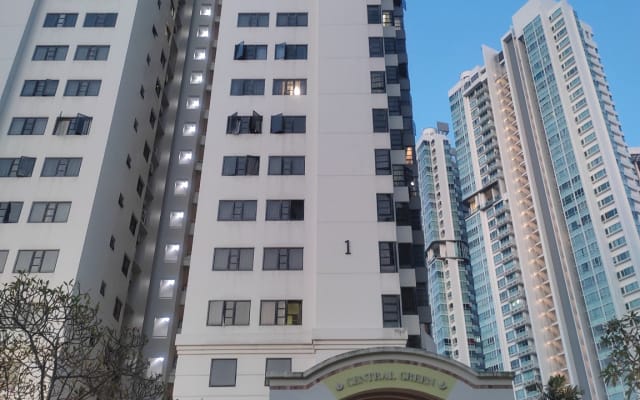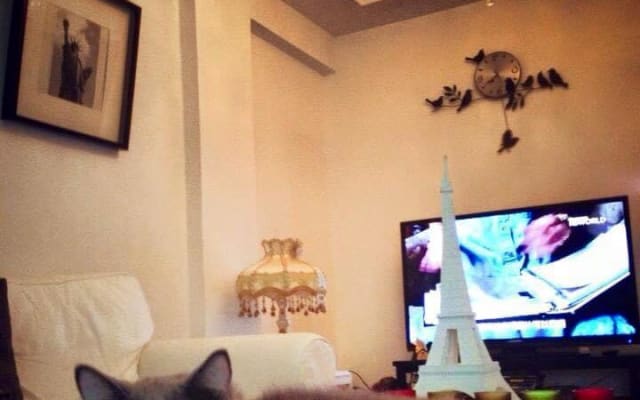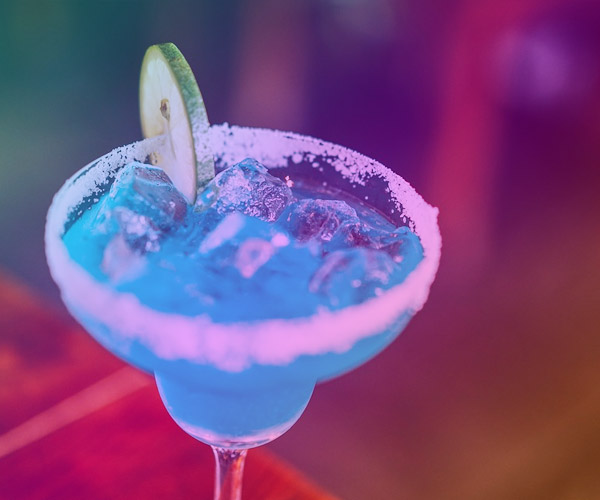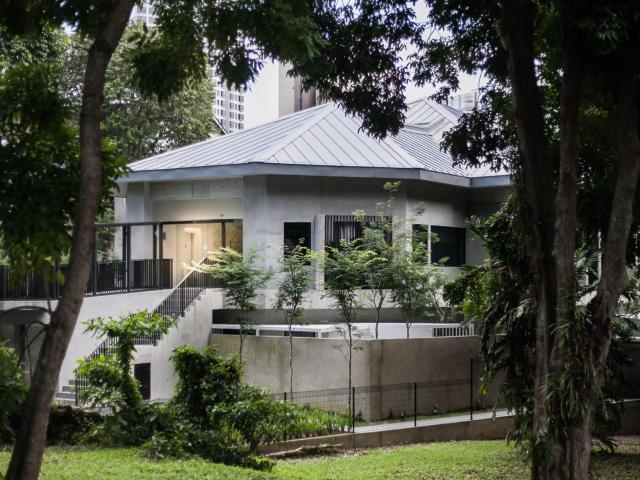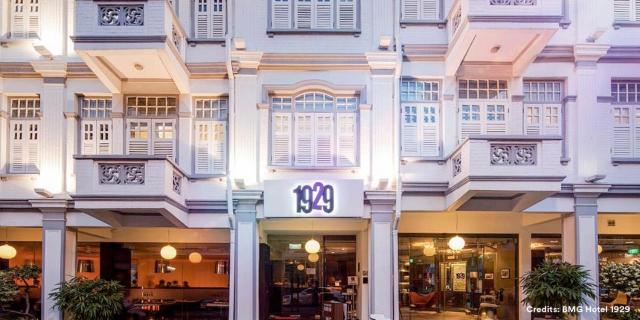Luxury clings to the Republic of Singapore like sequins to a Dallas pageant gown, but the city-state isn’t so dazzling when it comes to LGBTQ rights. When you think of LGBTQ rights in Singapore, questions such as “can two men get married in Singapore?” or “is gay adoption legal in Singapore?” may come to mind, and unfortunately in both of these instances, the answer is no. What’s more, Singapore remains wedded to an antiquated ‘decency’ statue in its legal framework, which criminalizes consensual gay sex.
Despite its 21st-century market swagger, Singapore’s LGBTQ legislation is a colonial relic. Known as 377A, Singapore still has a 1938 law titled ‘Outrages on Decency’ that criminalizes sex between adult men, bringing with it a conviction of two years in jail, along with hefty fines. Comparatively, Singapore is one of the more conservative countries when it comes to gay rights in Asia. Hong Kong scrubbed its penal code of a similar law back in 1991, and India followed suit in 2018. Regardless, Singapore maintains the antiquated regulation, and courts have exercised it nine times between 2007 and 2013. In 2020, Singapore’s High Court ruled to uphold the criminalisation of homosexuality, despite a case to overturn the draconian 377A law. The came as a major blow for the local LGBTQ community, and will likely echo through the rest of Asia in terms of LGBTQ rights.
In addition to 377A, gay rights in Singapore are also thwarted by section 294A of the penal code, which prohibits any ‘obscene act in any public place to the annoyance of others’. Notably, the country doesn’t have any statutes on the books against lesbianism or non-penetrative female sex. Nor does it have a single anti-discrimination law that protects LGBTQ individuals from housing or employment bias, as opposed to many other countries of the globe.
On the surface, Singapore’s LGBTQ civil rights landscape may look bleak - but a few bright rays have burst through in recent years. In 2019, legislators added an amendment to the Maintenance of Religious Harmony Act that forbids religions from exacting targeted violence against certain groups, including gay, lesbian, and transgender persons. The change was vaunted as a big win for gay and trans rights in Singapore.
But it is not just in legislation that LGBTQ rights and general exposure or promotion are squashed. The Singapore Media Development Authority bans the ‘promotion or glamorization of the homosexual lifestyle’ on TV and radio, and the regulation has resulted in flagrant censorship. Last year, Disney removed a kiss between two female characters in “Star Wars: The Rise of Skywalker” to appease Singaporean authorities, and in 2016, censors axed a segment of Barack Obama praising Ellen DeGeneres for LGBTQ advocacy work on her eponymous show.
Despite the concerning political and media framework of Singapore, some would argue that social attitudes in this island nation have been gradually shifting. In a 2019 YouGov poll, 34 percent of respondents approved of same-sex partnerships, while 43 percent opposed them, and 23 percent answered “uncertain.” In the grand scheme of things, this is not an alarming distribution for a country that proudly touts conservative, traditional attitudes and policies. Moreover, a 2019 Institute of Policy Studies report concluded that Singaporeans’ opposition to same-sex marriage fell from 75 to 60 percent between 2013 and 2019.
Nevertheless, the answer to the question “is Singapore safe for gay and lesbian travelers?” remains “yes,” as long as caution and respect for local customs are adhered to. Despite its firm place in world affairs, and its position as a transport hub in Asia, the island nation isn’t as socially progressive as some would wish, or even expect.
While Singapore remains a very conservative nation in terms of its outlook and general acceptance of LGBTQ rights, the local community still unites annually for Pink Dot. Held every year since 2009 - and exponentially gaining in popularity since then - Pink Dot is a day where LGBTQ individuals and allies gather in a park called Speaker’s Corner to celebrate ‘the freedom to love’. Everyone wears pink and forms a giant dot to symbolize inclusivity and acceptance. Additionally, despite the anti-gay laws, there is a gay area in Singapore. Over the past few years, several gay bars, dance clubs, cruise clubs, and saunas have opened for business in the Chinatown section of the main island.
So ultimately, is Singapore safe for gay and lesbian travelers? Yes. Even though the country’s legislation is, as one gay Singaporean has referred to it, “a colonial hangover,” LGBTQ people aren’t regularly suffering violence in the streets. Prominent gay activists live openly with their partners, and groups that fight for LGBTQ rights in Singapore, like Oogachaga, operate freely. And perhaps Prime Minister, Lee Hsien Loong, explained it best. When asked, he replied: “We are not like San Francisco, neither are we like some countries in the Middle East,” but instead “something in between.”
Anybody with a penchant for haute living should visit Singapore at least once. And while there, why not support gay, lesbian, and trans rights in Singapore by tapping into the city-state’s LGBTQ tourism network via gay travel sites like misterb&b? Connect with local LGBTQ hosts and support the community, or alternatively check into an LGBTQ-friendly hotel and enjoy all the perks that come with a hotel stay. So while it pays to acknowledge the somewhat archaic legalislation concerning LGBTQ rights in Singapore, a level of caution and discretion while visiting Singapore will ensure you can make the most of this island nation and return home with experiences to remember.
 by
by






